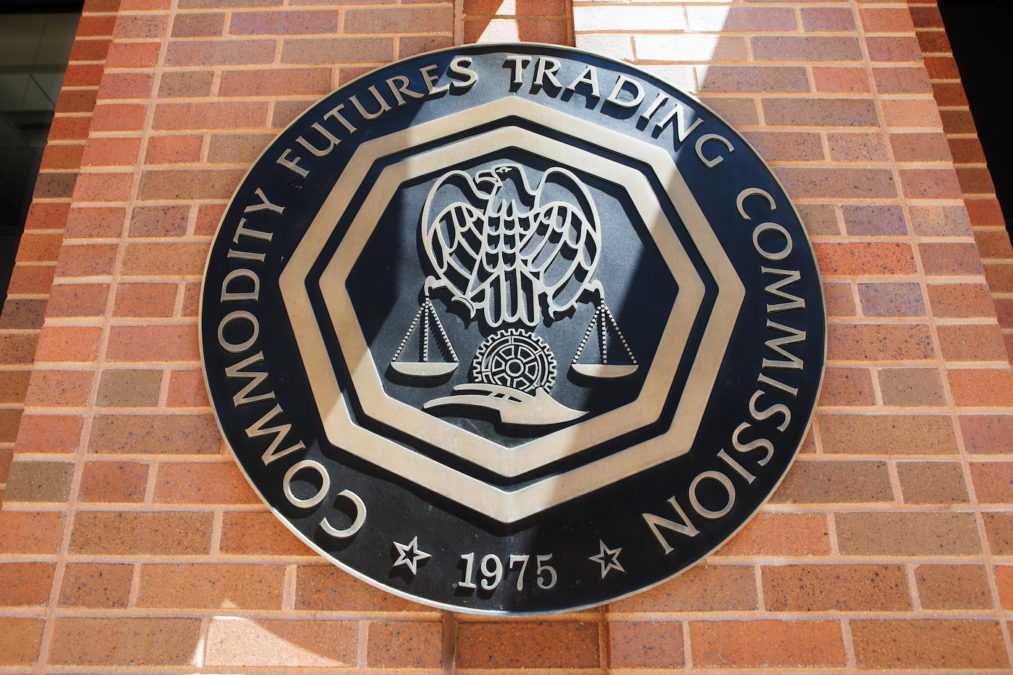Crypto-friendly CFTC commissioner Quintenz won't seek re-nomination after term expires this month


Brian Quintenz, the crypto-friendly commissioner at the Commodity and Futures Trading Commission (CFTC), will leave his post later this year following the completion of a five-year statutory term.
Quintenz has a financial management background and founded investment firm Saeculum Capital Management in 2013. He was nominated by President Barack Obama to take the post of CFTC commissioner in 2016, but the nomination was later pulled by President Donald Trump, who then renominated him to serve the remainder of a five-year term that ends in April 2020.
In a Tuesday announcement by the CFTC, Quintenz said that he will not seek re-nomination and will step down sometime after the completion of the term, either upon a successor's confirmation or the end of October.
"In particular, there are several critical rulemakings before the Commission about which I care deeply, have had a strong hand in developing, and wish to see finalized. As such, I plan to stay in my role until the earlier of the confirmation of my successor or October 31, 2020," he said in a statement.
"It has been a privilege to serve my country in this role, easily the most rewarding experience of my professional career," he said. "However, after thoughtful consideration and much discussion with my family, I have decided not to seek re-nomination to another five-year term as a Commissioner. With five years having passed since I was first selected for this role, it is time for me to pursue new challenges and opportunities."
As a sponsor for the CFTC's Technology Advisory Committee, Quintenz is known for his friendly positions on cryptocurrency and blockchain. During his term, the CFTC oversaw “the listing of bitcoin futures contracts, the custody of digital assets within the traditional clearing infrastructure, the proliferation of blockchain technology, and the creation of crypto-graphic, tokenized commodities," he said.
Notably, Quintez has also suggested the formation of a self-regulatory structure for those in the cryptocurrency industry. In his view, such efforts could implement audits related to conflict of interests, insider trading, custody, liquidity, and other potential topics of contention. Quintenz has argued that this is a necessary addition to the current regulatory framework, given the CFTC's lack of capacity when it comes to crypto statutory oversight.
Correction: This post has been updated to reflect the timing of Quintenz's exit.







